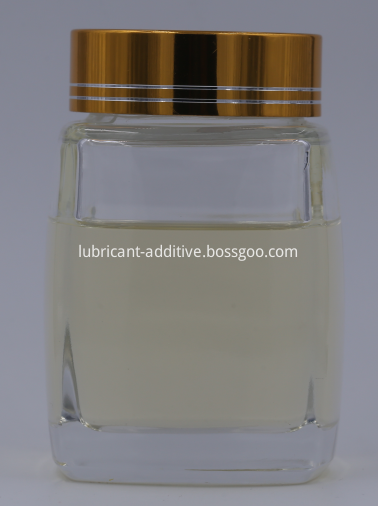In today's world, the development of a "low-carbon economy" has become the only way for all countries in the world to achieve sustainable social development and move towards ecological civilization. "Low-carbon competitiveness" has also become a core element to enhance national and socioeconomic development capabilities. In response to global climate issues, the Chinese government has promised to reduce carbon emissions per unit of GDP by 40% -45% by 2020. The development model of a low-carbon economy will become an important strategy for China's future sustainable development. In recent years, China's focus on smart housing has gradually increased, and the country's development policy for smart residential communities has also paid more attention to green, environmental protection, intelligence and sustainability. It is understood that the development of intelligent housing in China will have two phased goals: In the first phase, by 2010, more than one-third of new buildings in the country will strive to meet the standards of green buildings and energy-efficient buildings. At the same time, the most important It is the total energy consumption of urban buildings in the country to achieve 50% energy saving. In the second stage, by 2020, through the further promotion of green buildings and energy-saving buildings, the total energy consumption of buildings in the whole society can achieve the overall energy saving goal of 65%. CCW Research's "2005-2006 Smart Home Network Investment Opportunities Research Report" pointed out that China is vigorously promoting green buildings, and the production of new equipment required for laying intelligent systems will have between 200 billion and 300 billion yuan. The new market for RMB.
1. Sustained economic development. In 2009, the GDP of the national economy was still growing at a high speed of 8%. How to maintain sustainable and stable development of energy and the national economy is not a case of ups and downs. This is a connotation of our low-carbon economy.
2. Low energy consumption. Our energy consumption is too high. So it is called high speed, high energy consumption, high pollution. If this kind of economy develops, people will live a well-off life, but this kind of life should not live in clean air, nor drink water, or eat. Safe food, such a well-off life is not very meaningful to me.
3. Greenhouse gas emissions have been significantly reduced. In 2008 and 2009, our total carbon dioxide emissions exceeded 600 million tons, making it the country with the largest carbon dioxide emissions in the world.
On the issue of low-carbon economy, people need to clarify some misunderstandings. First, low carbon does not mean poverty, poverty is not a low carbon economy, and the goal of low carbon economy is low carbon and high growth; second, the development of low carbon economy will not limit the introduction and development of high energy consumption industries, as long as the technology level of these industries is leading , It meets the needs of low-carbon economic development; third, the low-carbon economy may not be very costly, reducing greenhouse gas emissions will even help save costs, and does not require high technology, but it needs to overcome some policy obstacles; fourth The low-carbon economy is not something that needs to be done in the future, but should be done from now on. Fifth, the development of a low-carbon economy is about everyone ’s business, dealing with global warming, about every country and region on the planet, about every A person.
From the market point of view, all mainstream smart home products can better meet the energy saving requirements. For example, the smart home system of Ruixun Technology (Asia) mainly manages through various timed events, "people turn on the lights, people turn off the lights" Induction control function, brightness sensor automatic detection of light brightness, temperature and humidity sensor automatic control of central space and geothermal system and other core means to achieve energy-saving lighting, power outlet energy saving, energy saving of high-power appliances, etc.
However, for smart home systems, green energy saving does not only mean controlling energy consumption in product materials, but more importantly, to achieve energy saving in system management, that is, using smart home systems to transform and improve people's lifestyles. Habit, so as to achieve "green energy saving" in daily life.
For more furniture information , go to http://news.gojiaju.com/
                  Welcome to provide news interview clues Advertising / News Hotline Transfer 8004 QQ 543178208
Polyester is a new type Synthetic Ester Lubricant Base Oil, it has the dual performance of synthetic ester and PAO, and has excellent lubricity performance; used with antiwear and extreme pressure additive, it shows outstanding load carrying ability and EP performance. Ester molecules have certain polarity, so it has a good affinity for metals. It is compatible with PAO and mineral Base Oil with a special characteristic of low thickening effect. It also has good high temperature high shear (HTHS) performance, so it is widely used ICE oil and Gear Oil.

Polyester Group V Base Oil,Polyester Base Oil,Group V Base Oil Polyester,Synthetic Base Oil Basestock
Zhengzhou Chorus Lubricant Additive Co.,Ltd. , https://www.cn-lubricantadditive.com